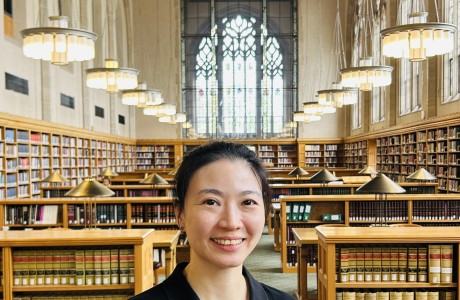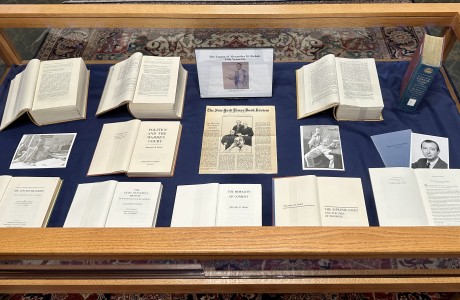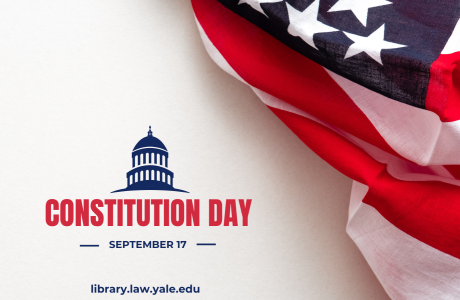From ConLaw to Sustainable Dev: The Best of MOOCs

Can’t get enough learning? Thank goodness for MOOCs! Coursera, edX, and other online course providers can help your expand your expertise in subjects as diverse as Constitutional Law, Computer Human Interaction, Finance, Statistics, and Sustainable Development (admission: I have or am completing all of these courses via Coursera). For instance, a University of Toronto Coursera course in Statistics offered me new teaching strategies (e.g., explain 95% confidence as 19 out of 20. Logically simple, conceptually brilliant); a University of Michigan Coursera course in Finance taught me a host of Excel formulas for calculating the future life of today’s dollars (lesson: compound interest is still everything). Each MOOC course is uniquely structured, but many feature weekly videos, quizzes, and a summative assignment or test. Many are still free; some offer certificates that could be listed on a curriculum vitae. This semester, I’ll complete two courses that might interest you too…
1. Constitutional Law, taught by YLS professor Akhil Reed Amar. This free 12-week course begins later this week! According to the course description, “This course is designed to introduce you to one of the most important texts in human history—the United States Constitution. Why and how did this document come into existence in the 1780s? How and why has it been amended over the years? Who decides what it means? What are the ground rules for proper constitutional interpretation? How does the written Constitution interact with unwritten sources of constitutional authority, such as judicial decisions, presidential proclamations, landmark statutes, and widespread popular understandings?” If you didn’t get the chance to take prof. Reed’s course at YLS, you have a second opportunity!
2. The Age of Sustainable Development, taught by Columbia U. professor Jeffrey Sachs. This course just started! This first week, we are discussing longitudinal trends in birth and mortality rates, promising technological innovations (e.g., Shanghai Maglev Train), and how we can collaborate to secure lives of dignity for the soon-to-be-8-billion human inhabitants and manifold more non-human inhabitants of earth. The course videos are a compelling mix of anecdote and empirical evidence. In the future, we will explore macroeconomic and microeconomic drivers of poverty, human rights, gender equality, sustainable food production, and more.
If you are interested in online learning as a topic of study or a pursuit, please see a law librarian for assistance in finding opportunities and resources aligned with your interests.
The library collects diverse resources related to this topic, including:
1. Higher education in the digital age / William G. Bowen ; in collaboration with Kelly A. Lack.
3. Online learning magazine [electronic resource]: Innovative strategies for business.
4. Who owns the future? / Jaron Lanier.
Image: Composition with figures by Lyubov Papova. Courtesy of the Yale Digital Image collection.


